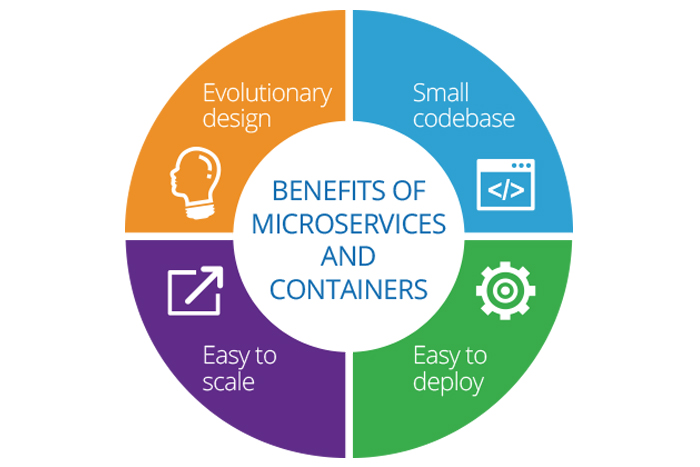- & Call us: +91-9500050223
- Email: gprashant75@gmail.com
Courses
Docker Container
Docker is an open platform for developing, shipping, and running applications. Docker enables you to separate your applications from your infrastructure so you can deliver software quickly. With Docker, you can manage your infrastructure in the same ways you manage your applications. By taking advantage of Docker’s methodologies for shipping, testing, and deploying code quickly, you can significantly reduce the delay between writing code and running it in production.
After completing this course, students will be able to build any application in any language with the use of any toolchain. “Dockerized” applications are fully handy and can run anyplace: Windows laptops and Linux. Docker helps developers in creating and shipping higher-quality applications, faster. Docker also tracks and manages dependencies and changes.

In today’s job market, Docker skills are highly sought after, and the Docker Certified Associate (DCA) exam is designed to validate that skillset with real world questions designed by experienced Docker practitioners. As the first exam in a comprehensive multi-tiered professional certification program, the DCA serves as a foundational benchmark for real world Docker skills across the container industry. Are you ready to prove your Docker skills? Get Docker Certified today!
This course is best suited for System Administrators, Support Engineers, Technical Administrators, and Database Administrators.
Upon Completion of this Course, you will accomplish the following skill sets:
- Install Docker
- Work with Images and Container
- Comprehend Cloud Based Container Services
- Test and build container’s
- Build images and containers from scratch with the use of Dockerfile
- Comprehend Networking & Security
- Comprehend Docker Provisioning
- Deploy, Service Discovery and Orchestration tools for Docker
Containerize your Applications (Microservices Way) -
Virtualization is the decades-old approach to maximizing hardware resources by putting apps into “virtual machines” (VMs) with their own operating systems, which then run independently on top of a server’s operating system. Virtualization in a data center is all about consolidation and cost savings—a virtualized server is able to increase the app-to-machine ratio and host numerous apps at once. Similarly, virtualization has made much of what happens in the cloud environment possible, partitioning up public and private clouds to host numerous applications at once.
If virtualization (i.e., virtual machines) was designed to address consolidation of servers and resources, containerization was designed to solve a more modern problem: application management issues. While similar and with similar benefits, it’s not a replacement for virtualization—it’s complementary to it.
Containerization is application-specific, providing apps with dedicated environments to run on, which can in turn be deployed and run anywhere without requiring an entire virtual machine for each app.
Virtualization showed us we didn’t need an entire server for one application; containerization shows us we don’t need an entire operating system for each application.
